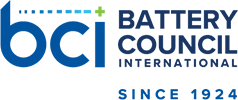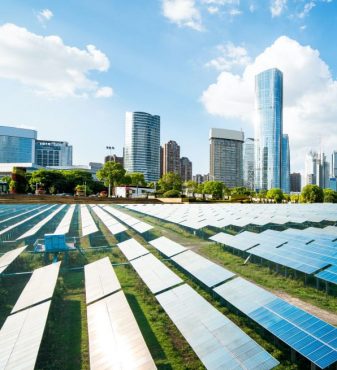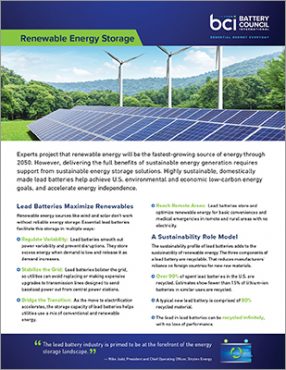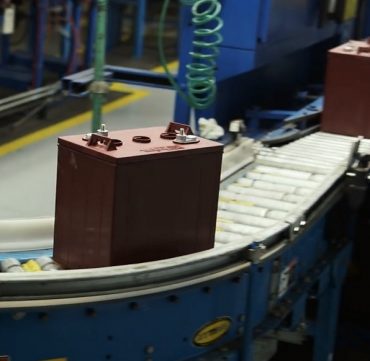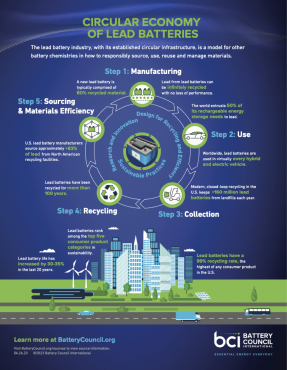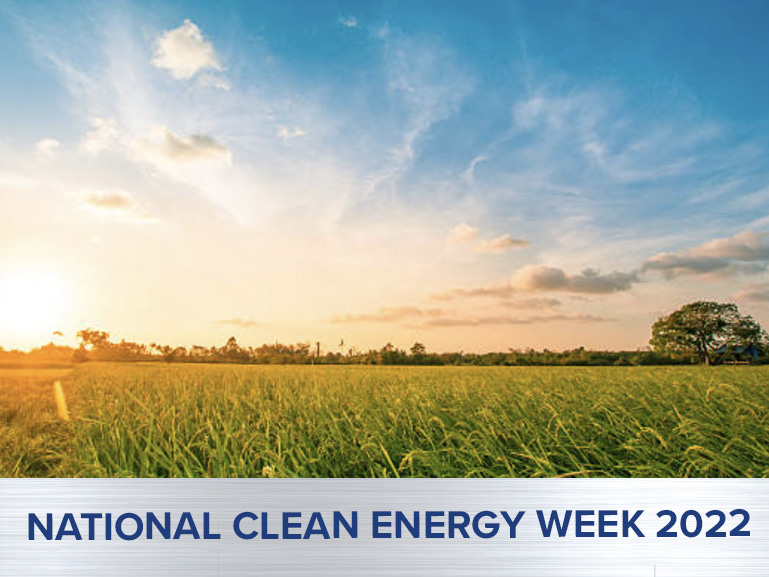
Thought Leaders, Policymakers Gather to Discuss Emissions-Free Future, Including Role of Lead Batteries
NOTE: This is the first of two blogs devoted to NCEW 2022. Read the second blog here.
Though challenges exist, a clean energy future is possible, and America is preparing to lead the way. That’s the key message of National Clean Energy Week (NCEW), Sept. 26–30. The sixth annual event, which includes a Policy Makers Symposium, held Sept. 27–29, unites thought leaders to discuss, debate and educate on the role clean energy plays in reducing greenhouse gas emissions, bolstering the nation’s economy and achieving energy independence.
Another topic included, and one inextricably tied to clean energy, is renewable energy storage. A free panel discussion on Tuesday, Sept. 27, titled, “Clean Energy Transition Requirements: Critical Minerals, Supply Chains and Domestic Manufacturing” [register here] will delve into the subject of global clean energy using existing technologies like EVs and renewable electricity and the associated need for domestic battery manufacturing and recycling to support these applications.
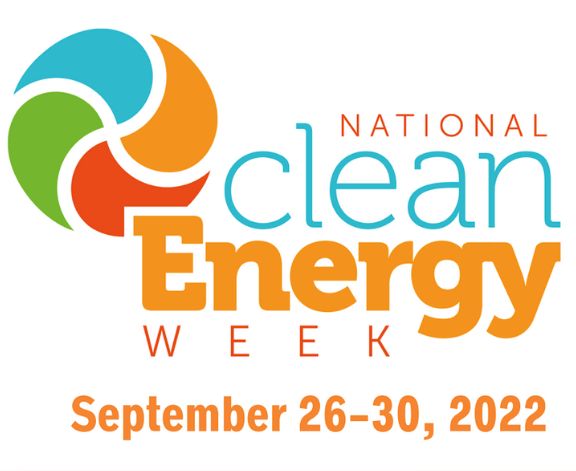
Panelists include Jordan Geist, Senior Director of Metals Division with battery maker East Penn Manufacturing. He oversees the company’s recycling, oxide and transload operations. East Penn’s closed-loop, circular economy recovers the lead, polypropylene and sulfuric acid from approximately 30,000 lead batteries a day for reuse in East Penn’s battery manufacturing facilities. Geist will share how domestic lead battery recycling is helping to minimize supply chain disruptions.
Sustainable Lead Batteries: Poised to Provide Renewable, Clean Energy Storage
The lead battery industry is ideally positioned to help meet renewable energy storage demand domestically and reduce dependence on critical materials from foreign countries.
Lead batteries are highly sustainable, with a 99% recycling rate in the U.S. They have a robust domestic infrastructure that includes existing manufacturing, collection and recycling facilities in North America. Together, they ensure consistent lead battery fulfillment from an industry poised for scalability. (A new lead battery is typically comprised of 80% recycled material.)
Clean Energy Jobs Critical to Economy
According to the Clean Energy Business Network and the Business Council for Sustainable Energy, clean energy industries represented the growth sectors of the U.S. energy economy over the past decade. Statistics show there are currently 3,400,000 total clean energy jobs that also support cleaner, healthier communities across the nation. [See how your state ranks on clean energy deployment, jobs and energy efficiency on this map.]
2022 Trends in Clean Energy
The 2022 Sustainable Energy in America Factbook documents the macro-level trends in the transformation of the U.S. energy economy. Here are some highlights:
- In 2010, nearly half of U.S. electricity came from coal. Today, it’s roughly 20%. In 2021, renewables grew 4.1% year-on-year, rising to over 21% of total power generation. Meanwhile, almost 4.2 GW of battery storage came online in 2021, compared to 0.9 GW the year prior.
- The electricity mix is getting cleaner. A record level of $105 billion in investment went into clean energy deployment, an 11% jump over 2020 and a 70% increase relative to five years ago.
- It’s predicted the new Inflation Reduction Act would enable the U.S. to reduce GHGs relative to 2005 levels by roughly 40%.
How to Achieve a Clean Energy Future
NCEW 2022 will draw many of the “Who’s Who” in clean energy development. Discussions about achieving a no- or low-emissions future must also include a critical aspect for maximizing clean energy sources: sustainable energy storage, preferably, domestically sourced.
At Battery Council International, we believe lead batteries, which model a highly successful, closed-loop, domestic circular economy, should be central in those conversations.
Stay tuned for Part Two in this series on National Clean Energy Week 2022!
